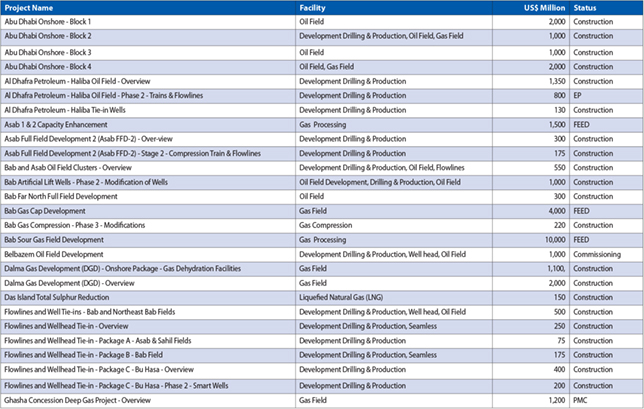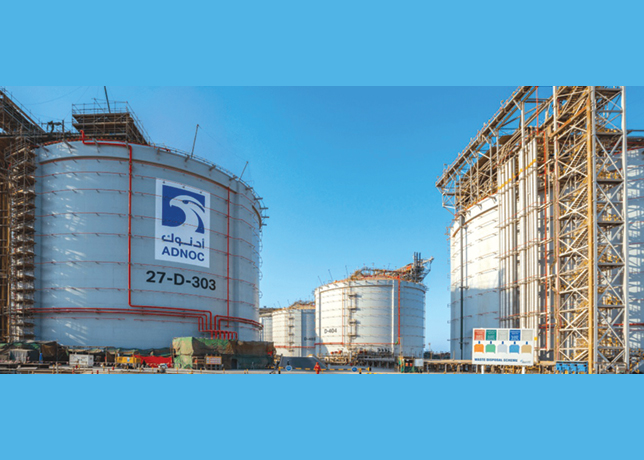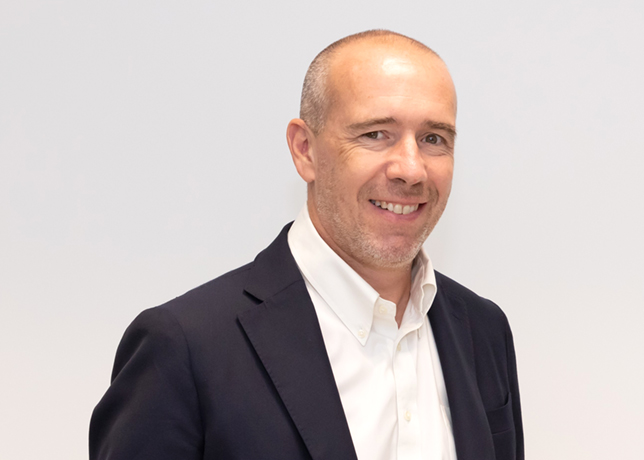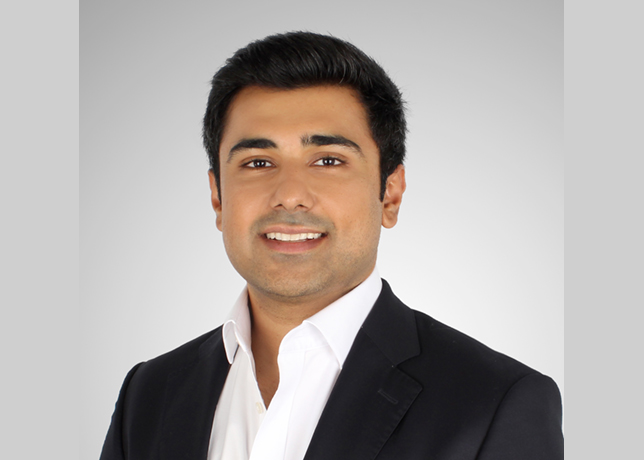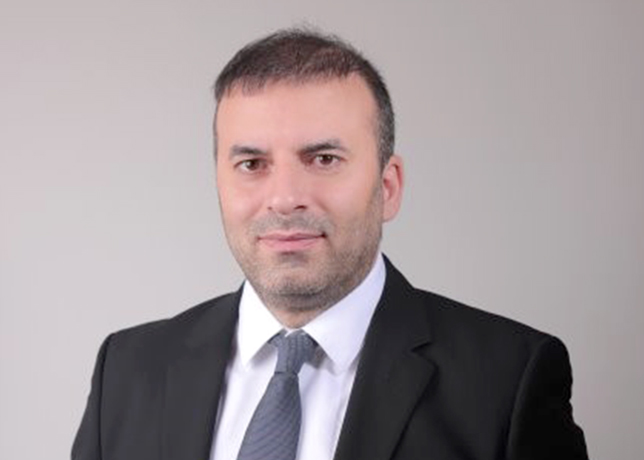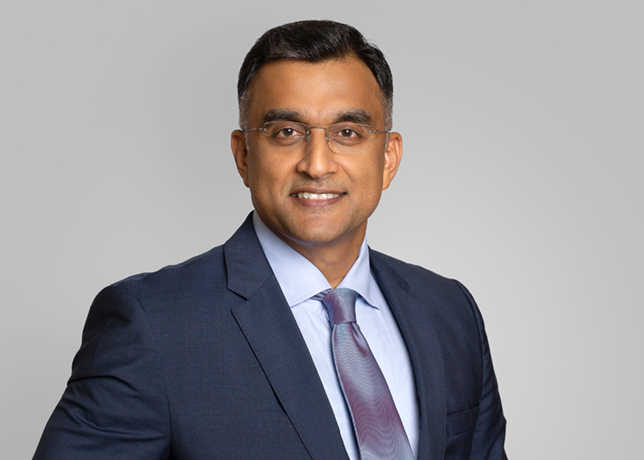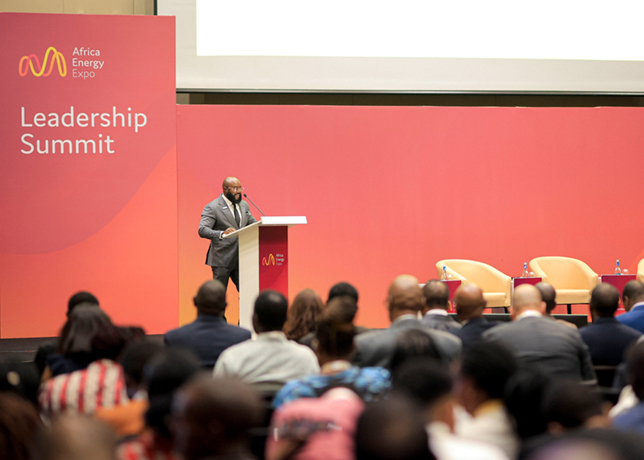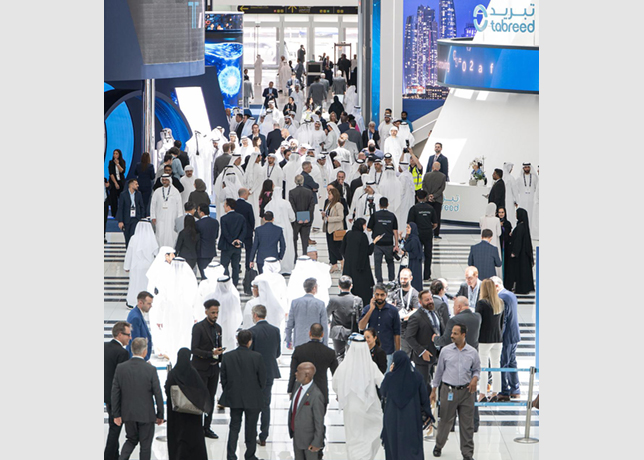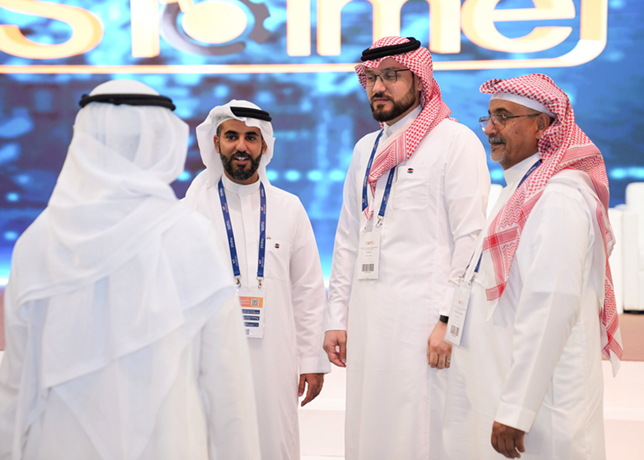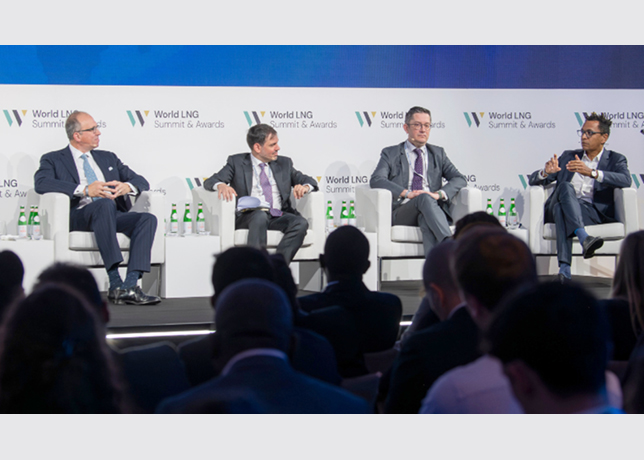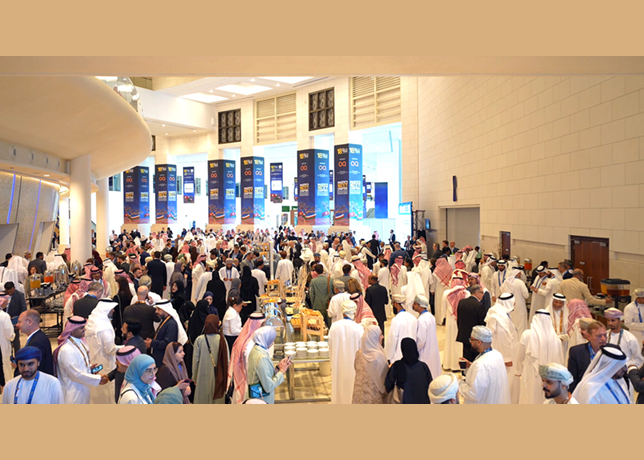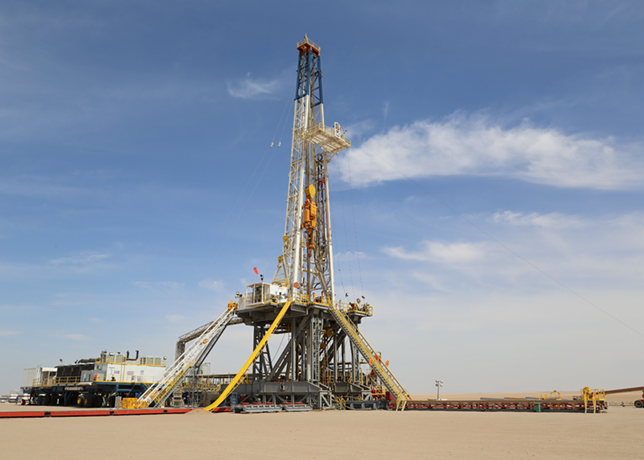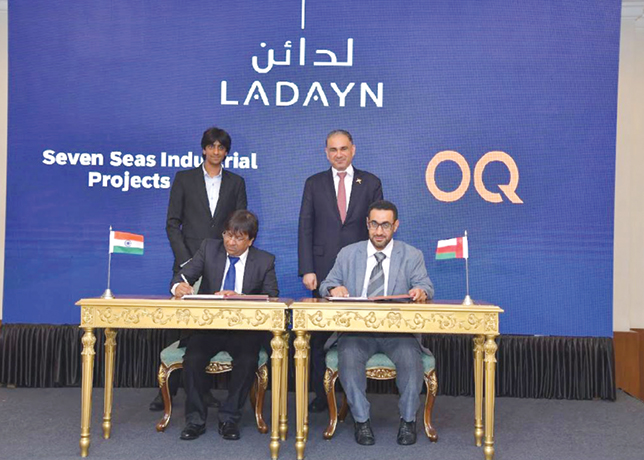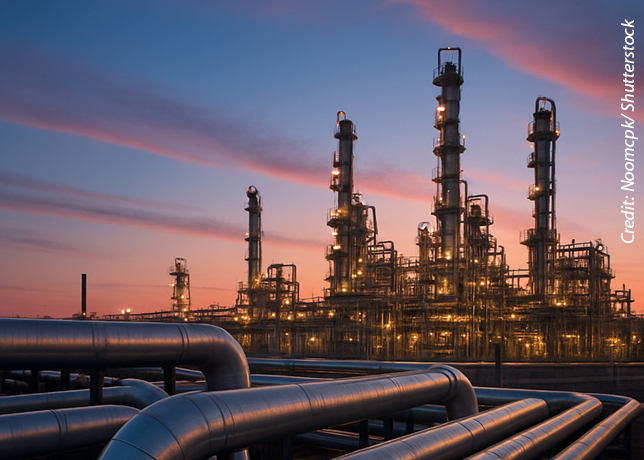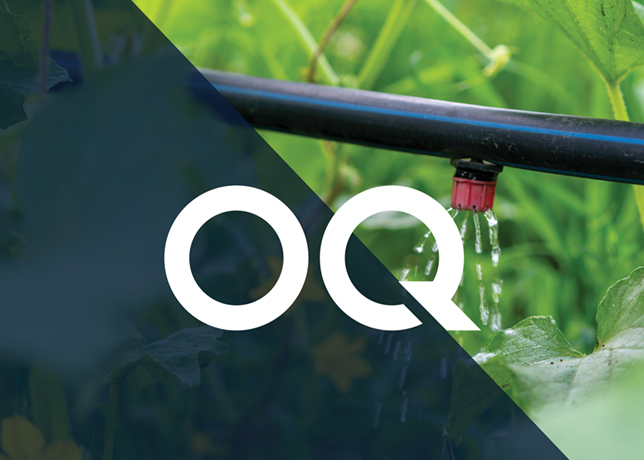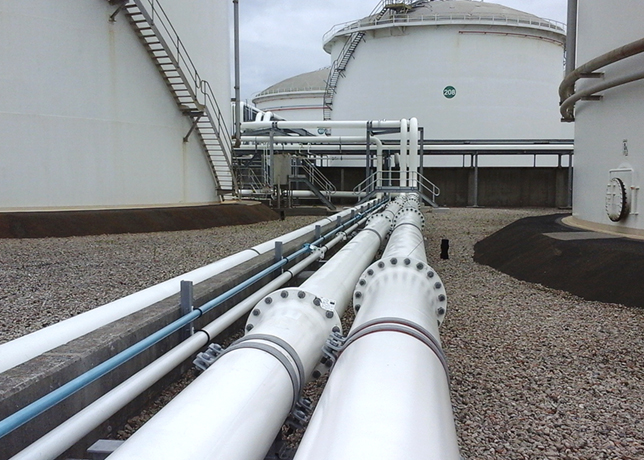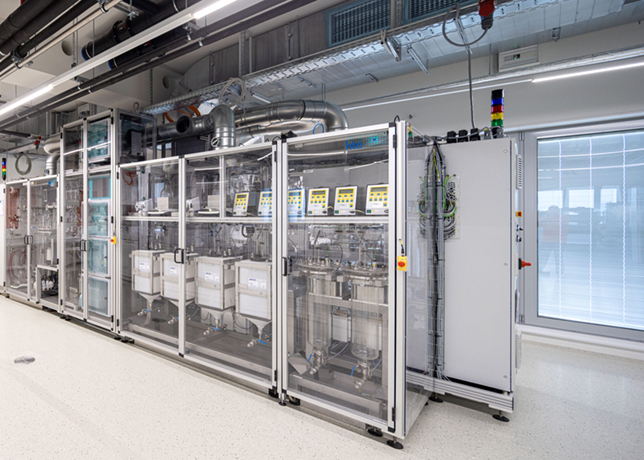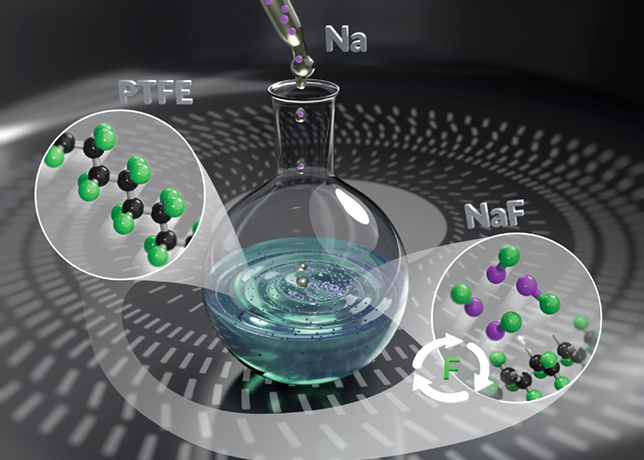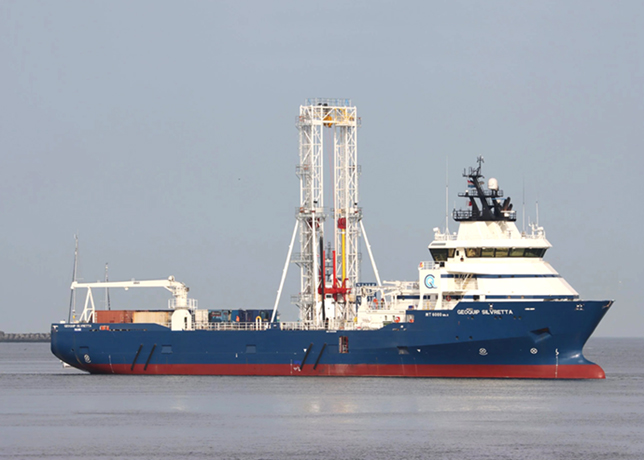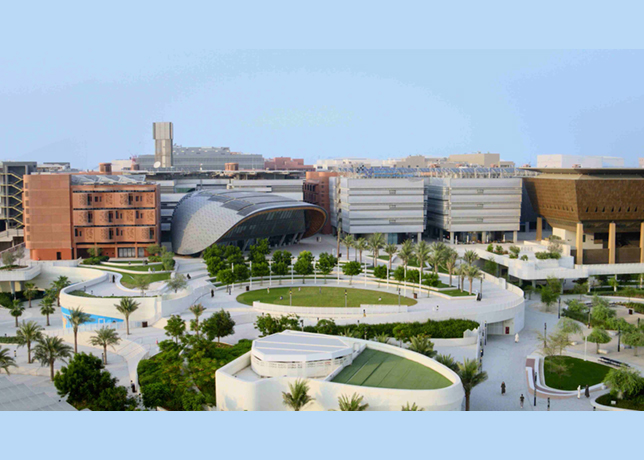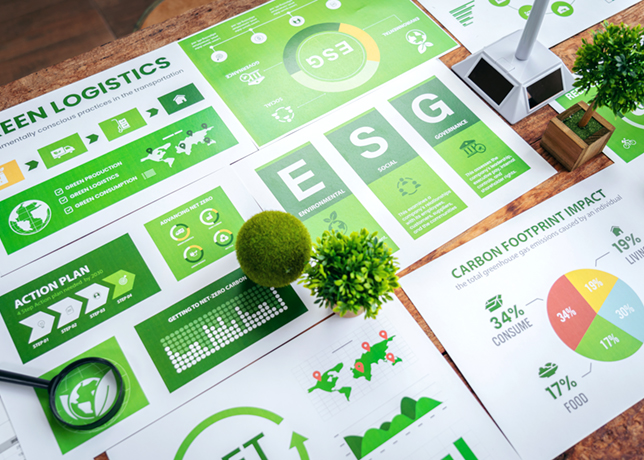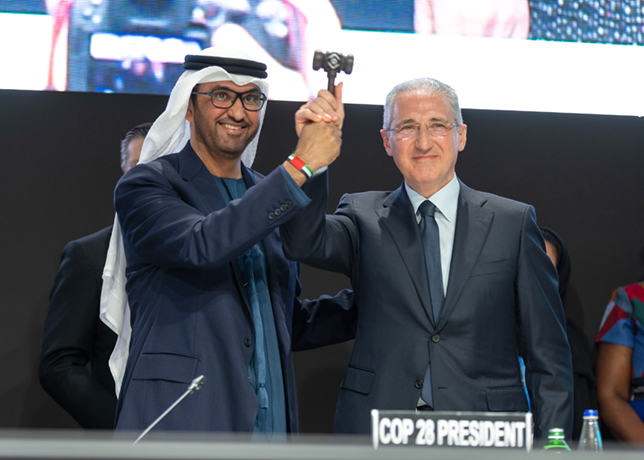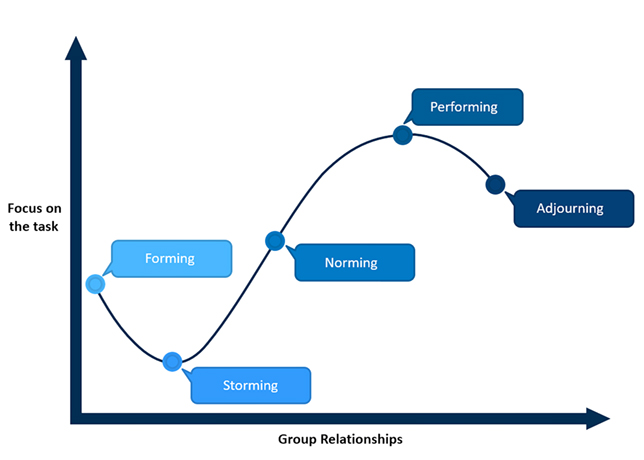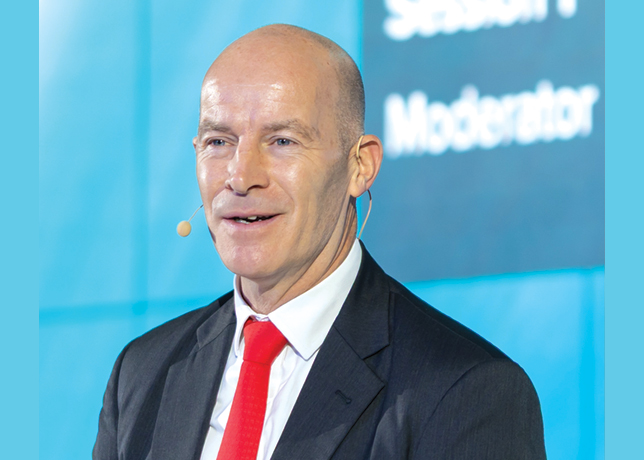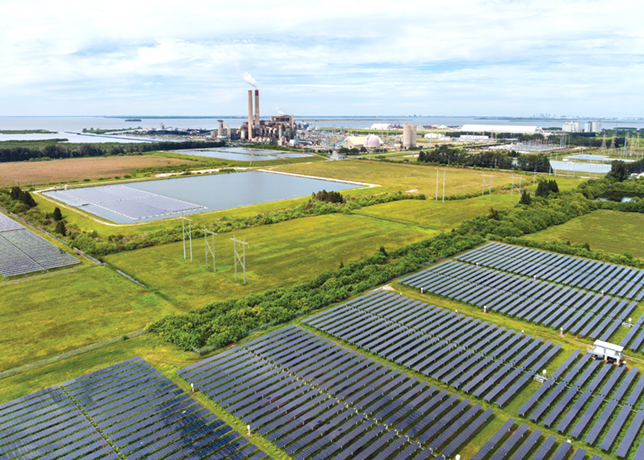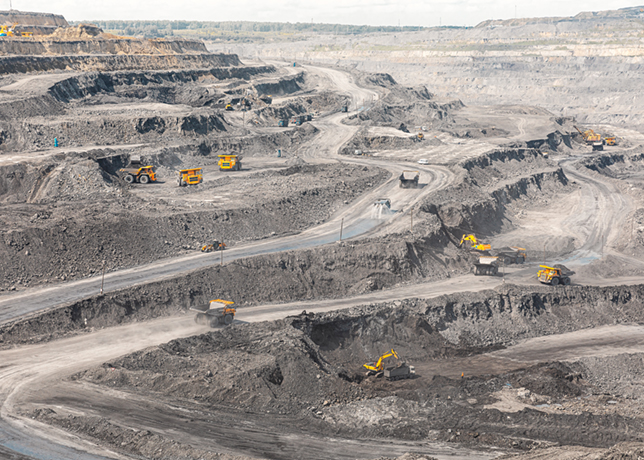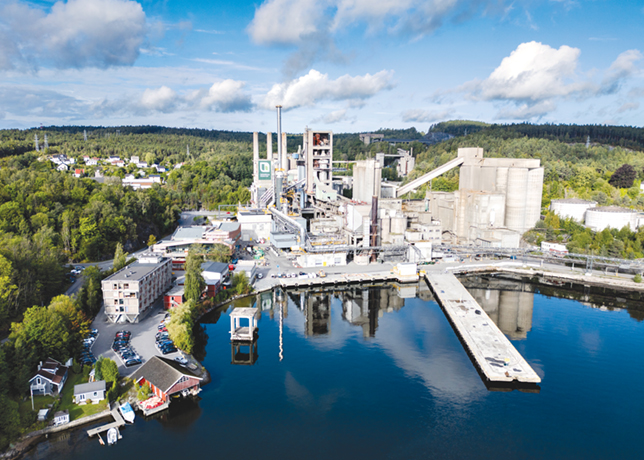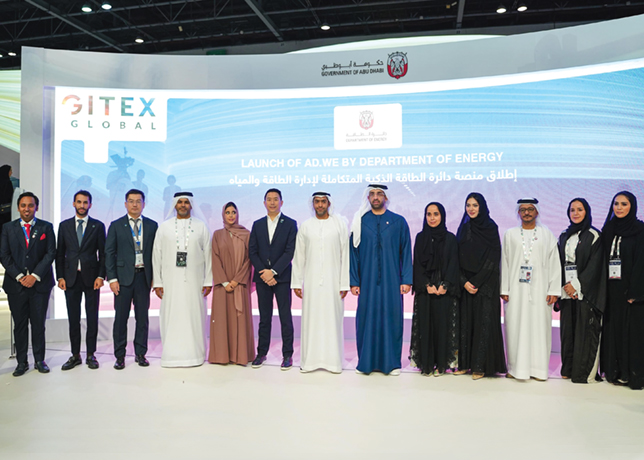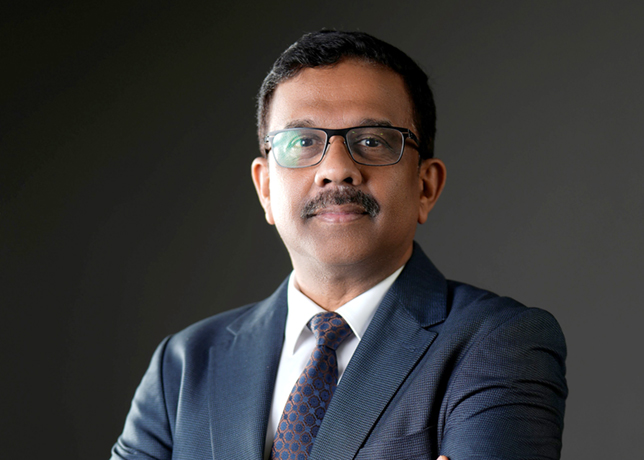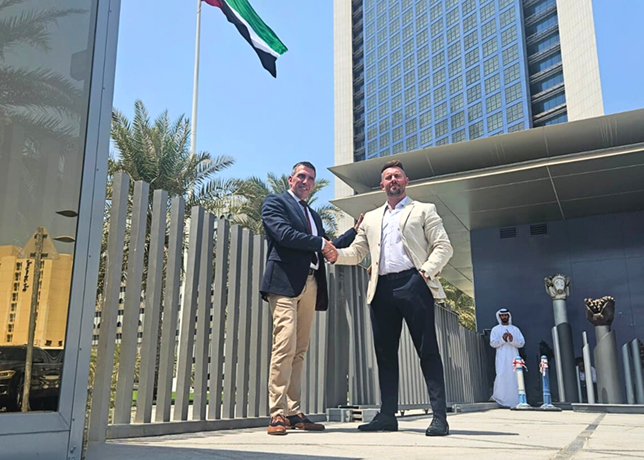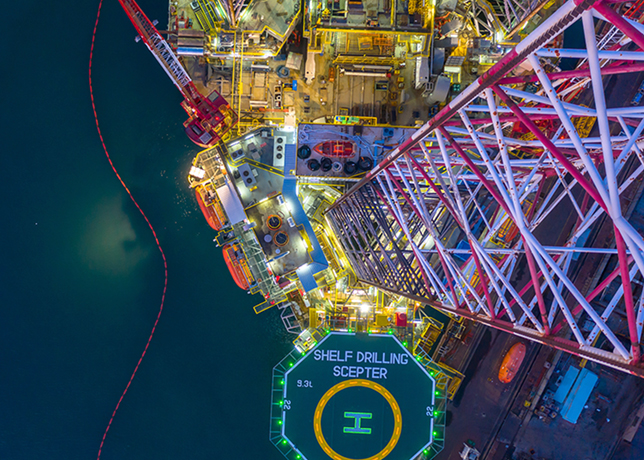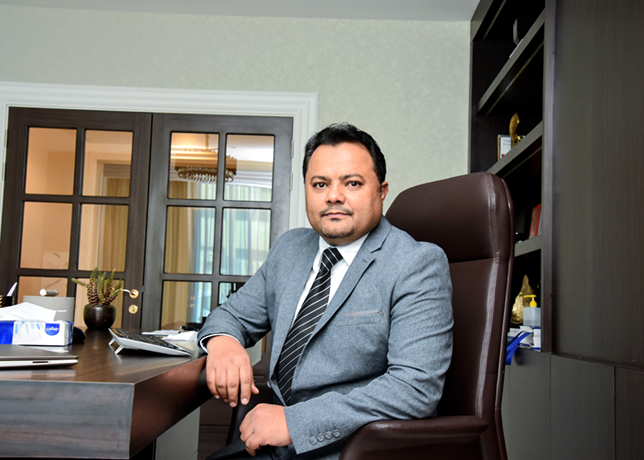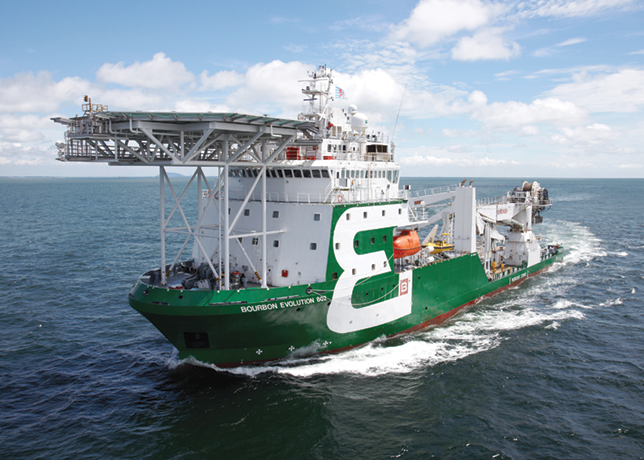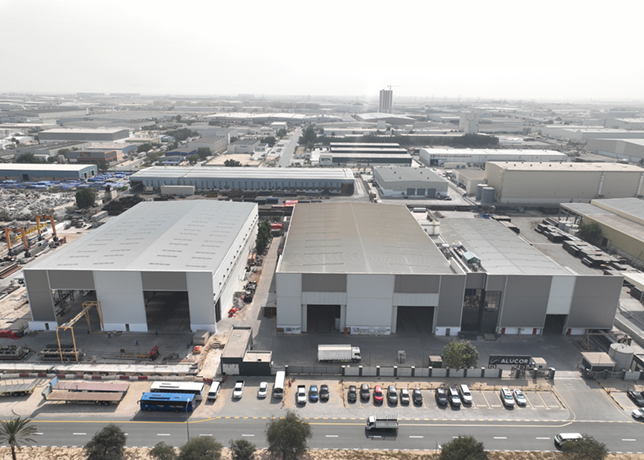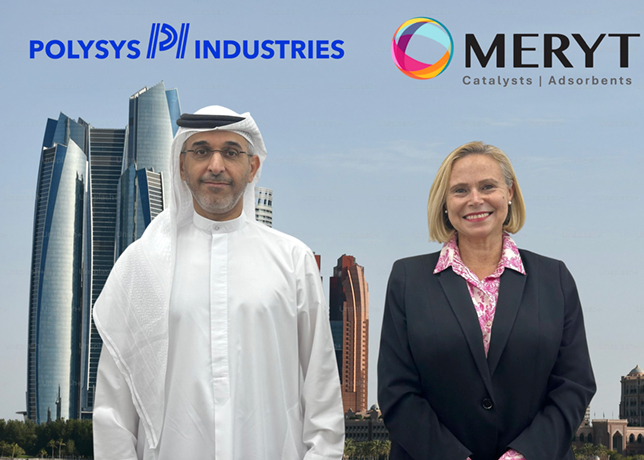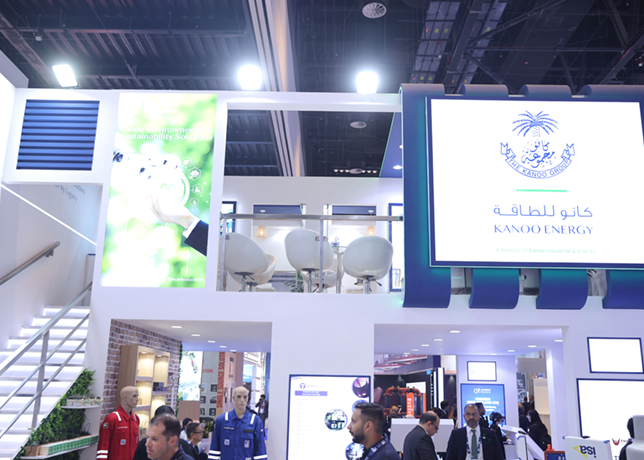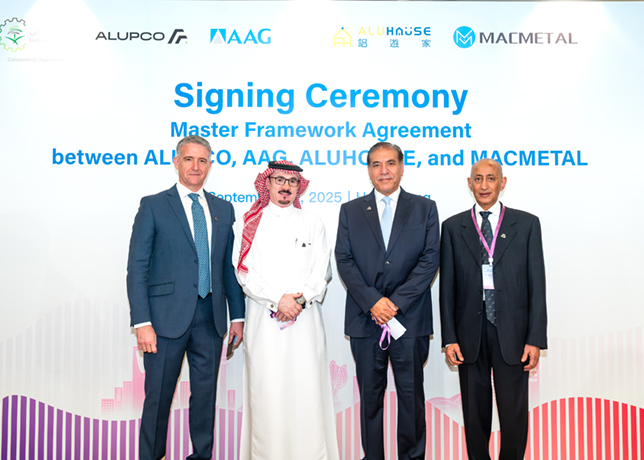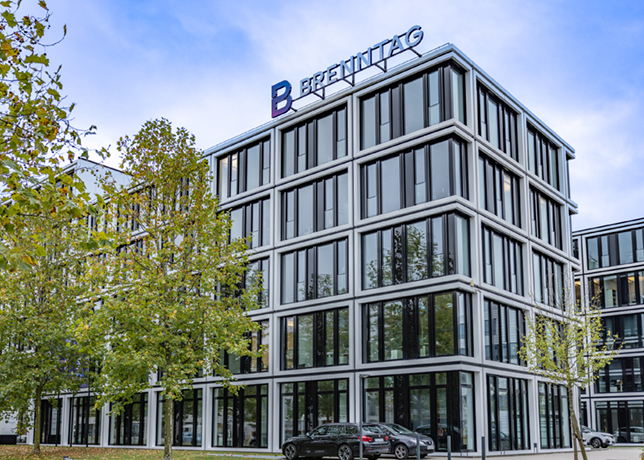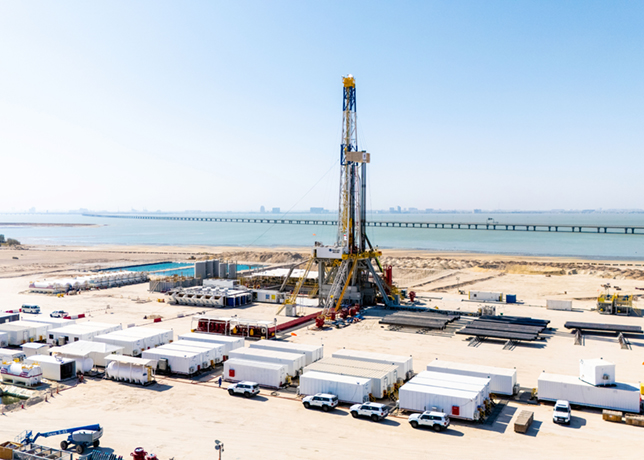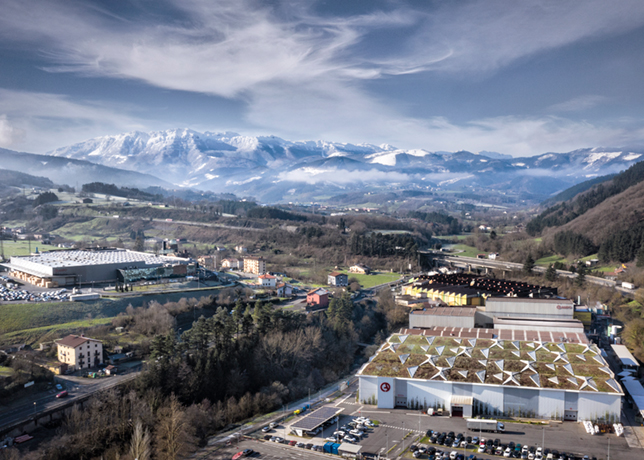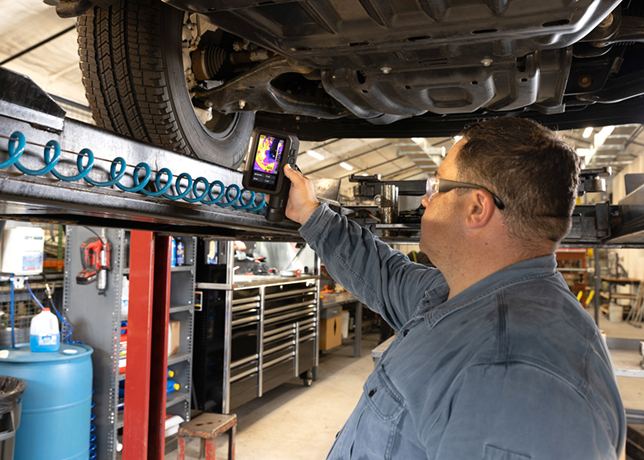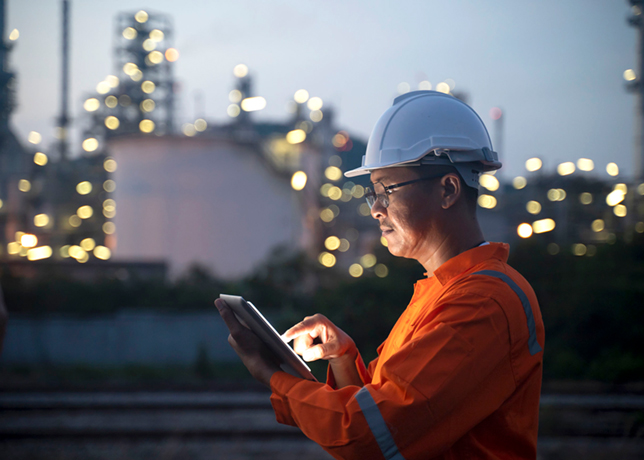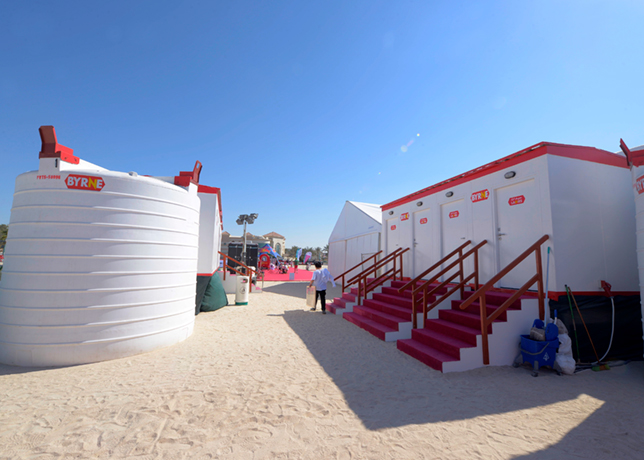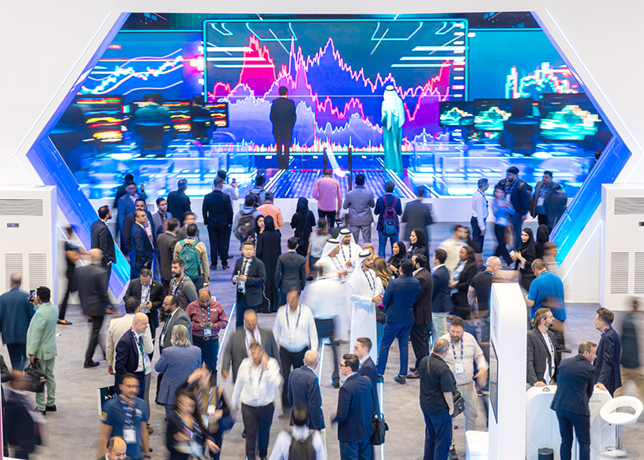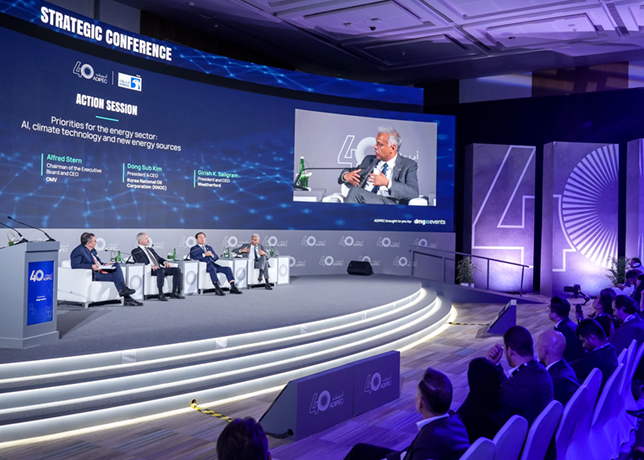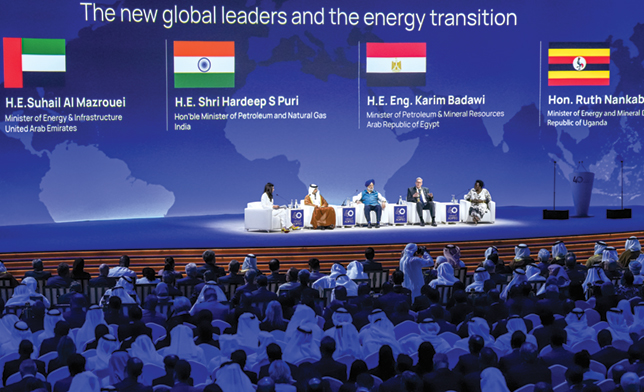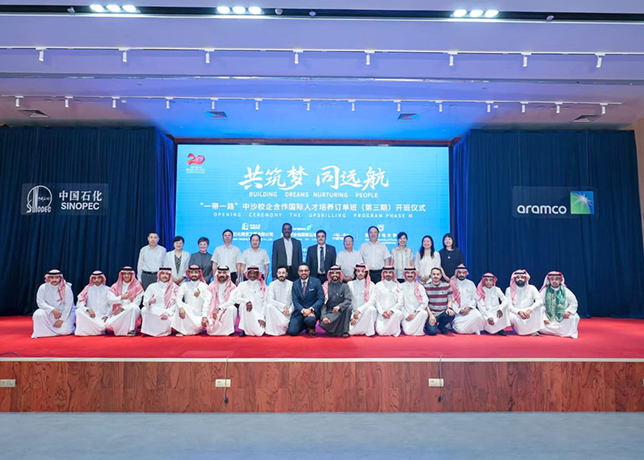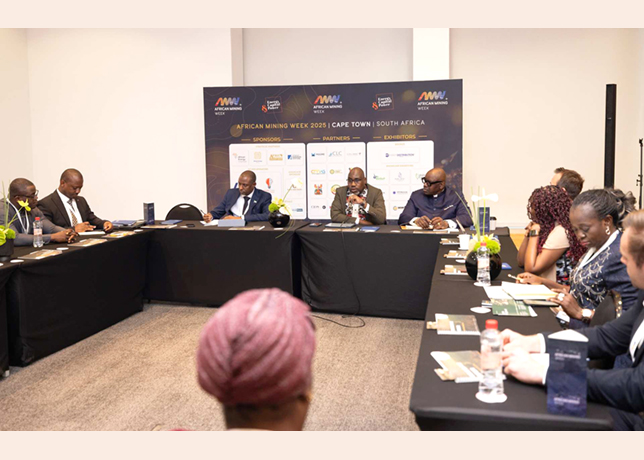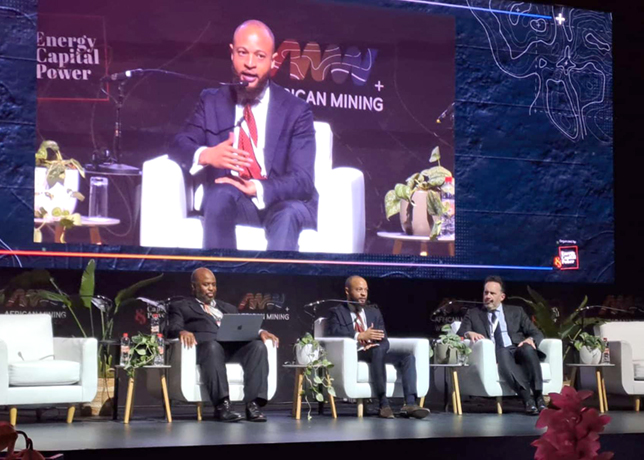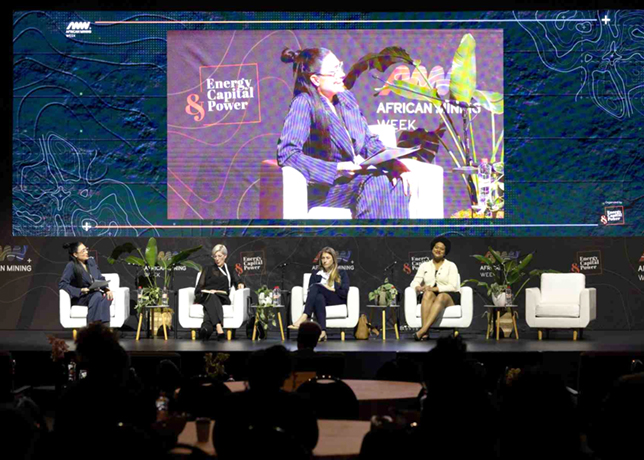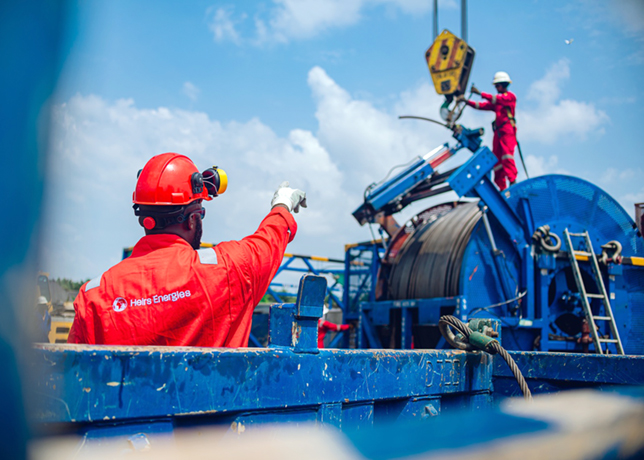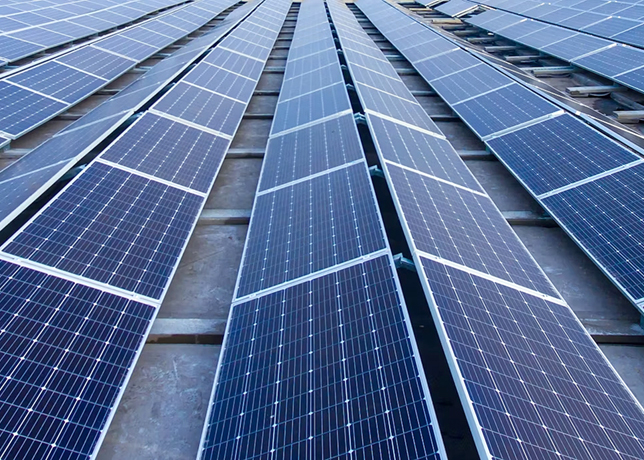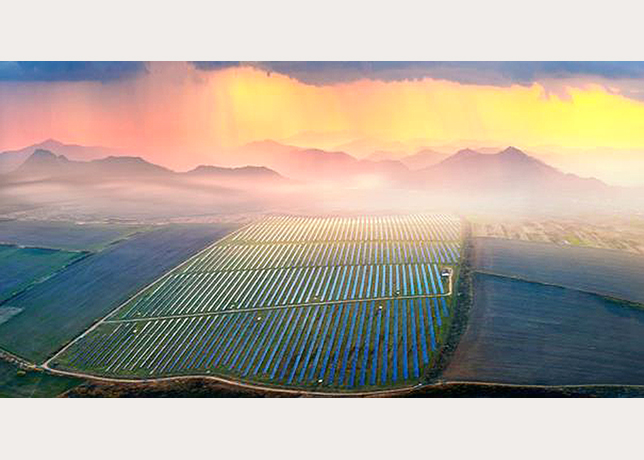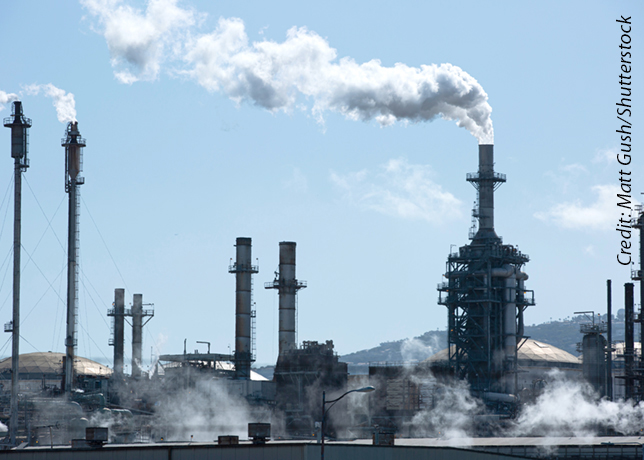
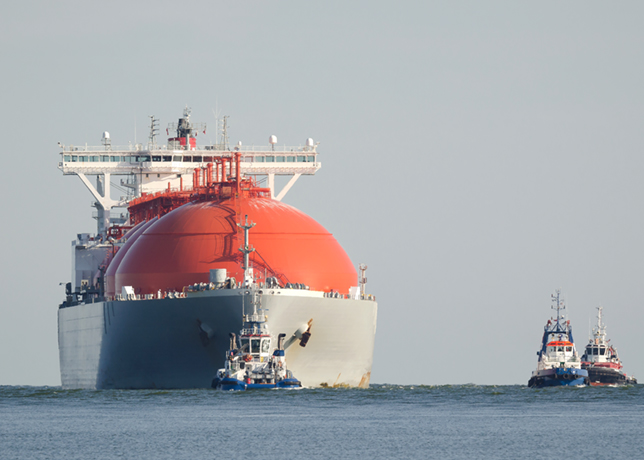 The GCC can help set global benchmarks in efficiency, environmental performance, and economic resilience in LNG
The GCC can help set global benchmarks in efficiency, environmental performance, and economic resilience in LNG
Gulf nations can leverage advanced technology, emissions reduction, and digitalisation to lead the global LNG market with efficiency, sustainability, and economic resilience by 2040, Matt Spalding tells OGN
The GCC stands at a defining moment in its energy journey, not simply due to rising demand but because the region has a historic opportunity to reshape how energy is produced, managed, and delivered.
As liquefied natural gas (LNG) gains importance globally, GCC countries face the challenge and opportunity to continue to shape the future of the global energy sector.
"The region aims to be more than just an energy provider, rather it can and should lead the sector by driving innovation and sustainable energy solutions," Matt Spalding, Vice-President, Honeywell Energy and Sustainability Solutions for Asia Pacific, Middle East, North Africa and India, tells OGN energy magazine.
While traditional LNG conversations in the region have focused heavily on supply capacity, today’s strategic narrative demands greater attention to operational innovation, digitisation and emissions management.
In other words, how can GCC countries ensure that their LNG projects remain economically viable and competitive in a rapidly evolving energy market?
The answer lies in redefining project execution from start to finish and integrating technology not merely as a bolt-on enhancement but as a core component.
 |
Matt Spalding |
Traditionally, LNG projects have struggled due to their size and complexity, involving multiple vendors and disjointed accountability, resulting in extended timelines, inflated costs and heightened project risks.
At Honeywell, we’ve moved decisively to build a comprehensive, integrated LNG capability, exemplified by our recent acquisition of Air Products’ LNG process technology and equipment business.
Our integrated approach (from molecules to modules) consolidates LNG pretreatment technology with liquefaction expertise, to streamline LNG project design and delivery, if required, through a singular, accountable framework.
This capability can help in significantly minimising risks and improve plant performance predictability and operational certainty for Gulf operators.
By incorporating our automation technology and digitalisation know-how, Honeywell can empower Gulf operators to achieve greater process reliability and production efficiency, while assisting in minimising maintenance downtime through leveraging our deep domain technology expertise across the LNG pre-treatment and liquefaction process.
Digitalisation is changing the game entirely, integrating predictive analytics and digital and automation-driven enhancements can improve LNG throughput and availability, providing a significant financial advantage in an industry where reliability is key to performance
Addressing the environmental imperative, our integrated solutions also offer emissions reduction technologies like advanced carbon capture and real-time methane leak detection.
With our liquefaction technology being utilised for LNG production around the world, we enhance our ability to deliver both cleaner and more economically attractive solutions.
Honeywell’s end-to-end process integration provides a comprehensive approach and can facilitate effective carbon capture implementation and precise automation-driven methane leak detection, helping GCC countries to achieve their ambitious emissions reduction targets.
The Gulf’s path forward in LNG can go beyond meeting demand and help set global benchmarks in efficiency, environmental performance, and economic resilience.
Research from Shell’s LNG Outlook 2024 underscores that global demand for LNG will rise by more than 50 per cent by 2040, placing further pressure on producers to innovate faster.
Honeywell stands ready not just to meet these challenges but to proactively redefine them, illustrating that sustainability and profitability are not conflicting goals but interdependent elements of a successful energy strategy.
With our comprehensive LNG capabilities, Honeywell is equipping Gulf nations to help them lead this vital next chapter of the energy transition, defining a legacy of responsible growth and innovation.
By Abdulaziz Khattak



